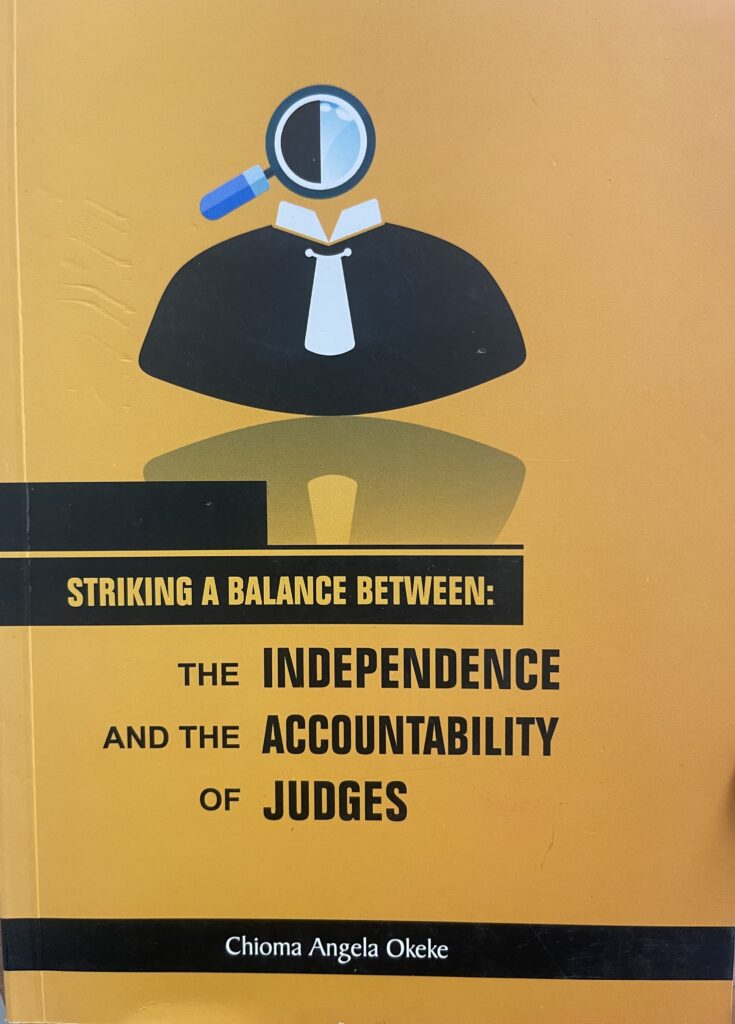MEAK INVESTMENT LTD & ANOR
v.
KEYSTONE BANK PLC
(2024) LPELR-61895(CA)
Meaning and nature of negligence
“In Diamond Bank Ltd v. Partnership Investment Co. Ltd & Anor (2009) LPELR-939(SC) at page 18 paras. C, Ogbuagu, JSC intoned: “What is Negligence? In Black’s Law Dictionary, 8th Edition at pages 1062 to 1063, twenty-eight (28) types or categories of negligence, are stated therein. At page 1061 thereof,
negligence is generally defined as the failure to exercise the standard of care that a reasonably prudent person would have exercised in a similar situation; any conduct that falls below the legal standard established to protect others against unreasonable risk of harm, except for conduct that is intentionally, wantonly, or wilfully
disregardful of others’ rights.” Furthermore, in Hamza v. Kure (2010) LPELR-1351(SC) at pages 14-15 paras. F – B, the Supreme Court speaking through Muhammad, JSC held that: “As far back as 1856, Lord Alderson B., defined negligence to be the omission to do something which a reasonable man, guided upon those
considerations which ordinarily regulate the conduct of human affairs, would do, or doing something which a prudent and reasonable man would not do. See BLYTH V. BIRMINGHAM WATERWORKS COMPANY. [1856] 11 Exch. 781 at 784. It may consist in omitting to do something which ought to be done or in doing something which ought to be done either in a different manner or not at all. Where any of the
situations happens, then liability will accrue against the defendant. Before the accrual of liability, however, the basic requirement of the law is that the defendant must owe a duty of care to the plaintiff. Where there is no such notional duty to exercise, negligence will have no legs to stand and any claim premised
thereon will fail.” Drawing inspiration from the above lucid authorities and in simple form, negligence is the failure or omission to do something which a reasonable man, guided by considerations which ordinarily regulates the conduct of human affairs, would do, or doing something which a prudent and reasonable man would not do and which causes harm or damages to another person. See Donoghue v. Stevenson (1932) AC 562 at 580; Okwejiminor v. Gbakeji & Anor (2008) LPELR-2537(SC); Abusomwan v. Merchantile Bank of Nigeria Ltd. (1987) 3 NWLR (Pt. 60) 196 at 198; Anyah v. Imo Concorde Hotels Ltd (2002) LPELR-512(SC); Ojo v. Gharoro & Ors (2006) LPELR-2383(SC) and Universal Trust Bank of Nigeria v. Ozoemena (2007) LPELR-3414(SC).”

